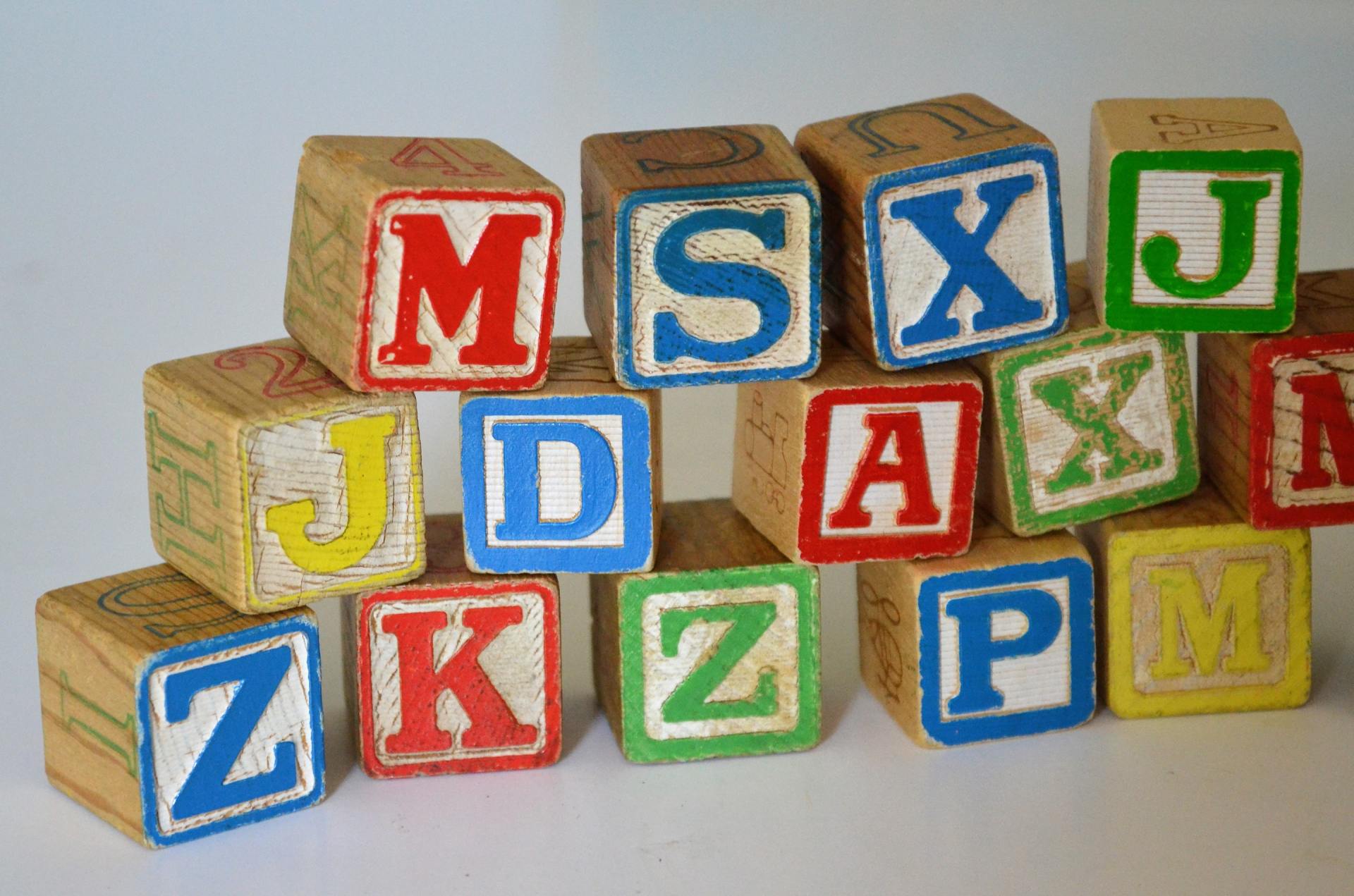The building blocks for Learning
Carla Kuhlmey • November 11, 2020
The building blocks for Learning

It is increasingly evident that more and more children experience difficulty coping with the demands that a day at school brings. There are a number of possibilities that may impact negatively on a child’s performance and therefore understanding children’s profiles and needs, as a parent and an educator, is of paramount importance. There are building blocks, which allow teachers and parents to gain insight into the underlying factors contributing to a child’s difficulties.
At the base of the triangular framework is the child’s environment. This involves the home and classroom environment as well as any support and therapy given to the child. Children’s learning and behaviour problems can be exacerbated by factors within their home and school environment. A lack of parent support may affect the child’s emotional availability to learn at school. The home environment needs to be loving, supportive and offer opportunities to develop independence, organisational skills and resilience. Chaos at home may take its toll on a child.
When gaining insight into a child’s profile, it is important to look at the foundational elements such as their behaviour, self-regulation, emotion state and resilience. These foundational blocks need to form a solid foundation to allow for optimal learning. Self-regulation is a challenge for many children. This includes their ability to pay attention, regulate behaviour and control their impulses. Many children with a sensory profile struggle to react appropriately to certain situations. They may have a complete melt down over something insignificant or struggle to refrain from impulsive behaviours. Shouting at children in this situation is not the answer!
Some children experience difficulty complying with the rules at home and at school. It is important to realise that children do not wake up in the morning and decide to be disobedient and defiant. A child’s emotions and resilience may affect their attitude and willingness to persevere. To assist children with success in school we need to ensure they have a supportive environment, sustained attention, self-discipline, healthy emotions and a positive view of self and school.
The next level links to the processing of information through the senses. This includes phonological, orthographic, memory and motor skills. Phonological processing is linked to a child’s ability to understand the sound structure of speech and to manipulate sounds. For example rhyming words and discriminating between similar sounds on an auditory level. It is vital that children are able to hear the sounds in words to assist with reading and spelling. Orthographic skills refer to the writing system of language and is more visual. Children need to be able to recall the correct visual representation of the sounds heard. This is important when learning spelling rules and the many exceptions children encounter in the English Language.
A child’s ability to remember spoken information will assist with following instructions, taking notes and repeating information in the correct sequence. Difficulties in this area may cause a child to struggle to learn the letter names or memorizing mathematical facts. Working memory is more complex. This is linked to a child’s ability to hold information and apply it to a task. Children with concentration difficulties often struggle with tasks that require working memory. Motor abilities, efficiency and automaticity also play a role in a child’s processing abilities. Some children struggle to retrieve information from their memory thus slowing down their work rate considerably.
The final level looks into a child’s conceptual skills. These include their verbal, non-verbal and executive functioning abilities. These are terms you may have seen on an Educational Psychology Report. Verbal abilities are linked to a child’s expressive and receptive language. Reading comprehension, written expression and Mathematical problem solving are examples of tasks that require a child’s verbal intelligence. Non-verbal tasks are not primarily language based and are related to visual-spatial thinking. A weakness in this area may result in difficulty with puzzles, Mathematics, spelling and reading and co-ordination on a fine and gross motor level. Executive function filters down into all levels of the framework. It includes a child’s ability to plan, self-regulate, sustain attention and thus is closely linked with working memory.
When looking into a child’s performance in the class, it is important to consider all aspects of the child’s development and daily life. Remember no child wakes up in the morning wanting to be difficult or lack motivation. Let’s take the time to identify each child’s needs and assist in creating a positive environment for them to learn.
By Carla Kuhlmey
Academic Support
Crawford North Coast
Information taken from Learning Disabilities and Challenging Behaviours, Third Edition.












